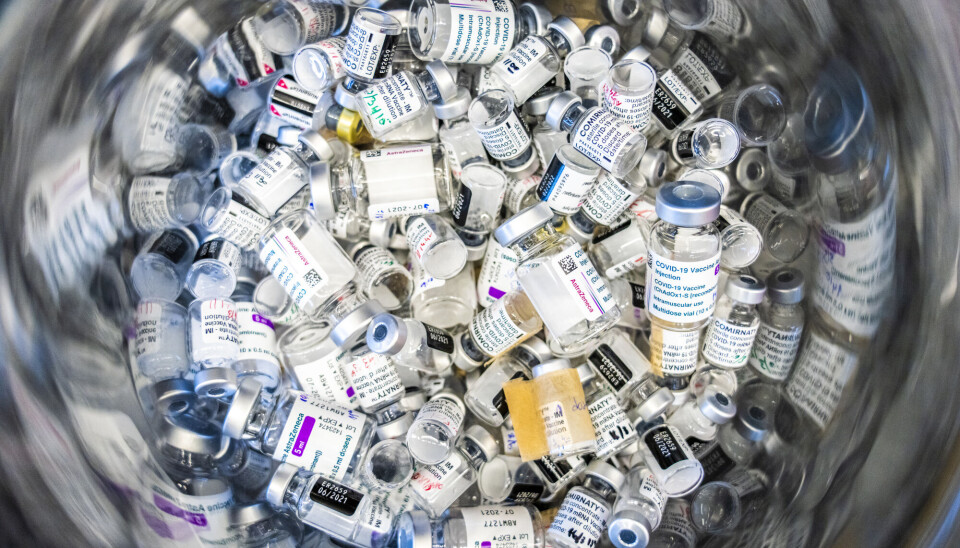
Norwegian study finds that Covid vaccines may affect menstruation
There has been an increase in menstrual irregularities for young women after receiving their Covid vaccine, according to a large population study done by the Norwegian Institute of Public Health.
In the first part of the study, which looks at women in the ages 18-30 years old, several reported on heavier bleedings than usual after both the first and second dose.
An article based on the study has been sent to preprint and is not yet peer reviewed.
7,6 per cent responded that they had heavy bleedings before vaccination, while 13,6 per cent experienced heavier bleedings after the first vaccine dose.
8,2 per cent responded that they had heavy bleedings before the second dose, while 15,3 per cent responded that they had heavier bleedings after the second dose.
Menstrual irregularities are common
39,4 per cent of the women reported on at least one menstrual irregularity after the first vaccine dose. These irregularities are heavy bleeding, unusually long lasting or short menstruation, long intervals between menstruations, unexpected bleedings between menstruations and menstrual pains without bleeding.
Menstrual irregularities are, however, very common. Before the vaccinations, almost four out of ten women – 37,8 per cent – in the ages 18-30 said that they had experienced irregularities during their last period.
“However, in this study we see that more women experienced changes after the first or second vaccine dose," Dr Lill Trogstad, Project Leader at the Norwegian Institute of Public Health, NIPH, says in a press release.
The changes are transient
According to Trogstad, most menstrual changes after the first dose were transient. The changes were on average back to normal by the time of getting the second vaccine dose, 2-3 months after the first dose.
Among the women who experienced menstrual changes after the first dose, nearly two out of three also experienced changes after the second dose. They also experienced more types of changes.
The NIPH do not yet have data about the duration of the menstrual changes after the second vaccine dose.
Women with heavy bleeding advised to wait
They have however chosen to go public with advice to women.
“With heavy and persistent bleeding after an earlier dose, it is recommended to delay vaccination until the cause is investigated or the symptoms have passed”, the NIPH write in their press release.
Women who experience that the menstrual changes persist, should contact a doctor to rule out other diseases that may require treatment.
“If you are in any doubt, consult your doctor”, Lill Trogstad advises.
She emphasizes that temporary menstrual changes should not stop women from saying yes to a Covid vaccine.
6000 women in the ages 18-30 have participated in a Young Adult cohort in relation to this study, which is part of a larger study which includes more than 60.000 women aged 12-80 years in Norway. The aim is to investigate any association between coronavirus vaccination and different types of menstrual changes.
Translated by: Ida Irene Bergstrøm































